
Mind Moments®, a podcast from NeurologyLive®, brings you an exclusive interview with James Berry, MD, MPH; and Jinsy Andrews, MD, MSc. [LISTEN TIME: 28 minutes]

Mind Moments®, a podcast from NeurologyLive®, brings you an exclusive interview with James Berry, MD, MPH; and Jinsy Andrews, MD, MSc. [LISTEN TIME: 28 minutes]
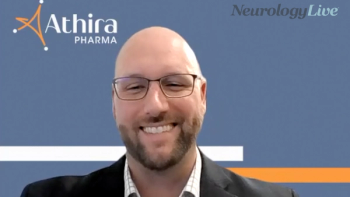
The chief scientific officer at Athira Pharma talked about new preclinical results presented at the 2023 NEALS Annual Meeting on the investigational therapy ATH-1105 for patients with amyotrophic lateral sclerosis. [WATCH TIME: 5 minutes]
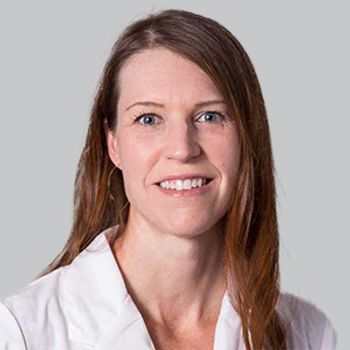
Jennifer Roggenbuck, MS, LGC, an associate professor of neurology and internal medicine at The Ohio State University Wexner Medical Center, discussed her presentation on evidence-based consensus guidelines for genetic testing and counseling from the 2022 NEALS Consortium.

James Wymer, MD, FAAN, discussed his presentation at the 2022 Annual NEALS meeting on improving speech and swallowing using Neudexta for patients with ALS.
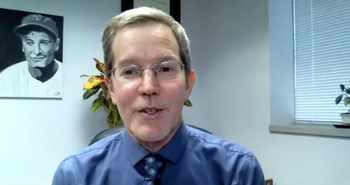
The codirector of the ALS Center at Washington University School of Medicine provided perspective on the lessons learned from the trials of tofersen, as it aims to become the first FDA-approved therapy specific to SOD1 ALS. [WATCH TIME: 4 minutes]
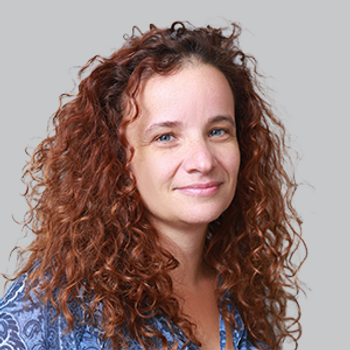
A phase 1/2a clinical trial resulted in showing that a single dosing of AstroRx was safe and tolerable, at either a low or high dose, for patients with ALS.

The codirector of the ALS Center at Washington University School of Medicine in St. Louis provided background on how tofersen would be used alongside other ALS medications if approved. [WATCH TIME: 3 minutes]
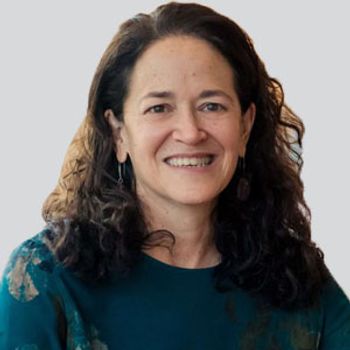
After removing participants at higher risk of reaching a floor effect of the ALSFRS-R, those treated with NurOwn demonstrated a higher rate of clinical response and less function lost across 28 weeks than placebo.

The codirector of the ALS Center at Washington University School of Medicine in St. Louis discussed the long-term data of VALOR and its open-label extension assessing tofersen (Biogen) in SOD1 ALS. [WATCH TIME: 4 minutes]
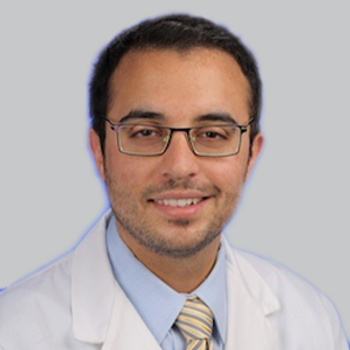
Those who reported higher ALSFRS-R speech scores at baseline had significantly higher diadochokinetic and word rate than those who reported speech disturbances, or lower scores.

By comparing results with pooled placebo groups from the PRO-ACT database, the data showed a 67% slower ALSFRS-R progression with IPL344.
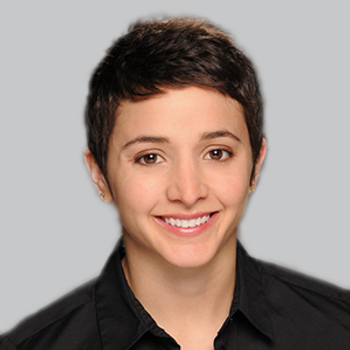
On King’s staging systems, ALSAQ-5 scores increased from 24.6 at stage 1 to 62.1 at stage 4, whereas for Milano-Torino Staging systems, patients’ ALSAQ-5 scores increased from 43.2 at stage 0 to 80.7 at stage 3.

Nearly one-fourth of the observed treatment-emergent adverse events were related to edaravone. Additionally, there were no serious TEAEs found, and TEAEs were mostly representative of ALS progression.

A retrospective study presented at the 2022 Annual NEALS Meeting reported health disparities in the initial presentation of Black patients with ALS in comparison with White patients.
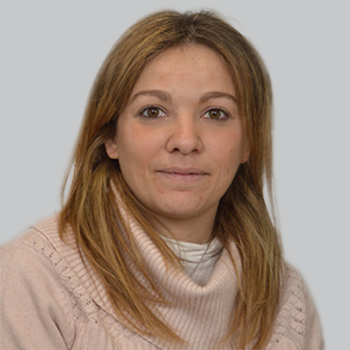
Treatment with RNS60 resulted in significantly slower rate of decline in FVC and eating and drinking domains of the ALSAQ-40 scale over a 24-week period.
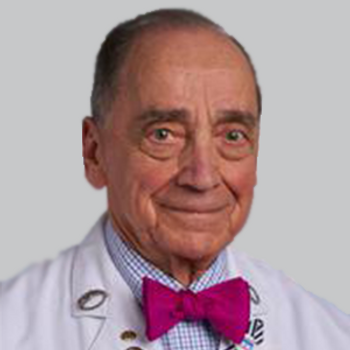
Treatment with tegoprubart resulted in significant reductions of CD40L and CXCL13 levels that occurred after first infusion and sustained throughout the treatment period.

As patients with ALS may have altered taste perception and have expressed that bitterness is associated with AMX0035 (Relyvrio; Amylyx) administration, a number of coping strategies have suggested a workaround to ensure treatment adherence and effectiveness.
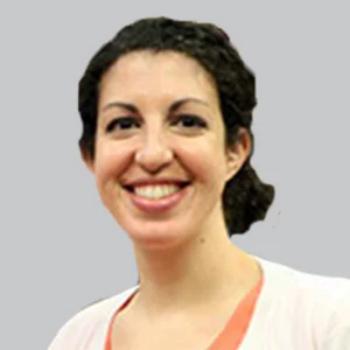
Christina Fournier, MD, MSc, associate professor of neurology, Emory University, discussed her presentation at the 2022 NEALS Consortium using a telemedicine exam to track ALS progression.

SBT-272, an investigational small molecule in development for ALS and other neurological disease of mitochondrial dysfunction, resulted in improved membrane potential and axonal outgrowth of TDP-43 in vitro.